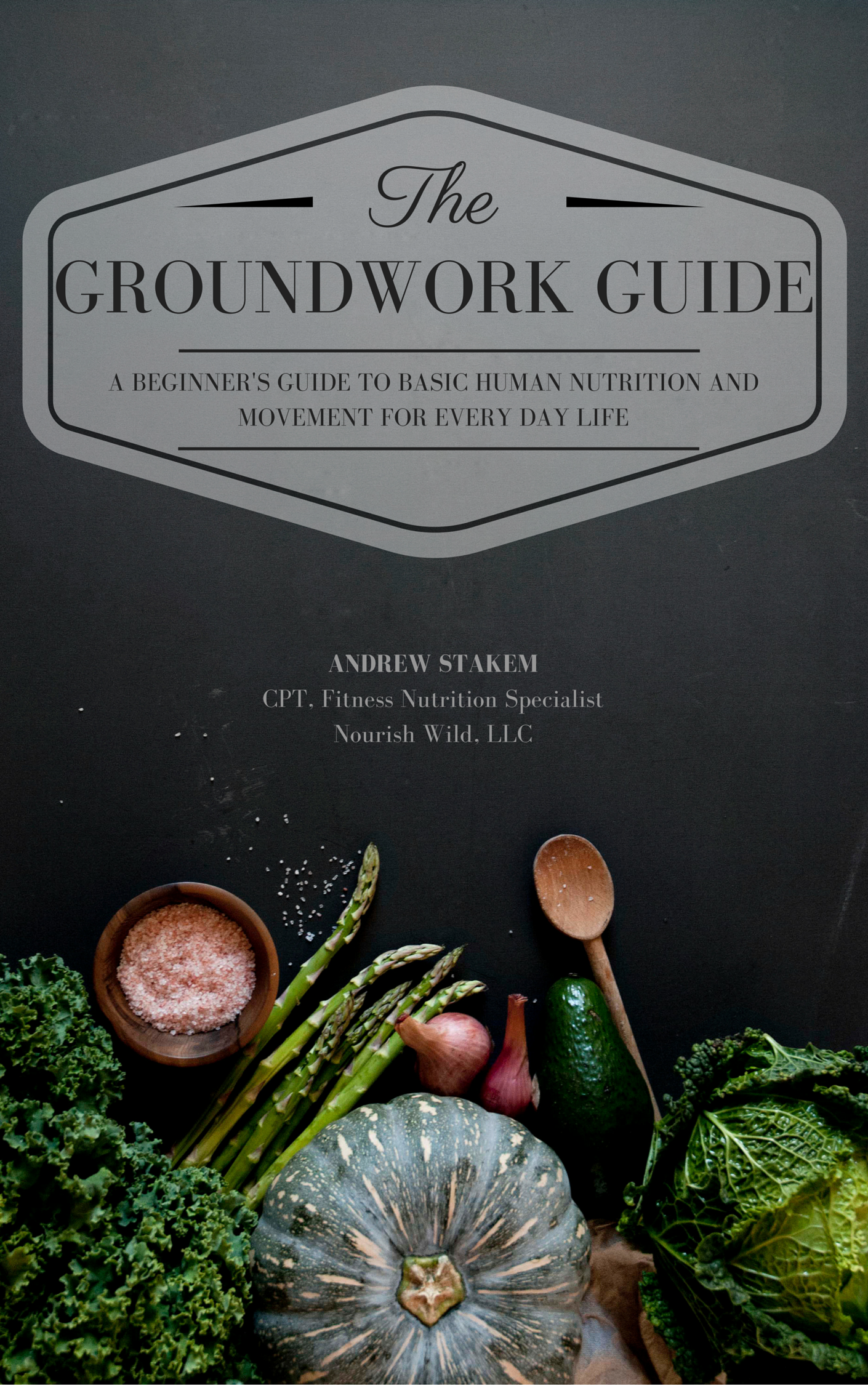Sunbutter is made by simply grinding up sunflower seeds and creating a paste. Sometimes other oils or sugars are added, but you could in fact make your own sunbutter with only sunflower seeds and a little added oil (I use avocado oil and Go Raw Sprouted Sunflower Seeds). Of course, you can also buy your sunbutter already made for you. My suggestion, if you choose the store-bought route, would be to check the ingredient label and try to find a brand that uses organic sunflower seeds and does not add any sugar. If there is added oil, avoid vegetable, canola, or soybean oil.
Since sunbutter is directly made from sunflower seeds, I am just going to address the benefits of the seeds themselves. Why are these non-nutty babies so great? Well friends, let me enlighten you.
Sunflower seeds have been shown to be rich in antioxidants, which we know are good for us. One of these powerful antioxidants is Vitamin E. Another one of these antioxidants that works in tandem with Vitamin E is selenium. One quarter of a cup of sunflower seeds provides as much as 40% of your daily value for Vitamin E, and 30% of your daily value of selenium. These antioxidants block free radicals, which means they can help prevent cancer. Win #1. With that same ¼ cup of sunflower seeds, you’ll also get 8 grams of protein, 4 grams of fiber, and also a good dose of potassium, magnesium, phosphorus, iron, manganese, copper and zinc. Win #2. These little nuggets are also one of the richest sources of phytosterol, which is known for lowering cholesterol. Win #3. And finally, they may lower the risk for heart disease, as they are high in nutrients such as betaine, arginine, and nitric oxide which help to protect the inner lining of the arterial walls, and relax constricted blood vessels. Win #4.
As I mentioned above, I get mine raw and sprouted. This is just the cherry on top, because it allows for the most nutritional value possible. Keeping foods raw (as I mentioned with Raw, Unfiltered Honey) maintains enzymatic activity. Sprouting seeds not only allows better digestion of the seed, but also most nutrient value as well. A sprouted seeds simply means it has been germinated, and had therefore has moved past the “anti-nutrient” stage (ie phytic acid… which binds to nutrients like calcium, magnesium, copper, iron and zinc, therefore not allowing you to absorb these vital nutrients) as you technically are eating a very infantile plant rather than a seed.
I should note, however, that while sunflower seeds have many great benefits, sunflower oil on the other hand is not the best oil choice. It is high in omega-6, which is an inflammatory fatty acid, especially when not balanced with omega-3.
I use sunbutter as a flour replacement in many of my recipes. It keeps my baked goods moist, which can be hard to achieve without your typical, gluten-y flour. Plus with all of these benefits, I think it’s safe to say that this is going to be a staple in my kitchen for a long, long time.
Source cited:
The 150 Healthiest Foods on Earth: The Surprising, Unbiased Truth About What You Should Eat and Why by Jonny Bowden, PhD, CNS
Products Features In This Post:



No comments yet.